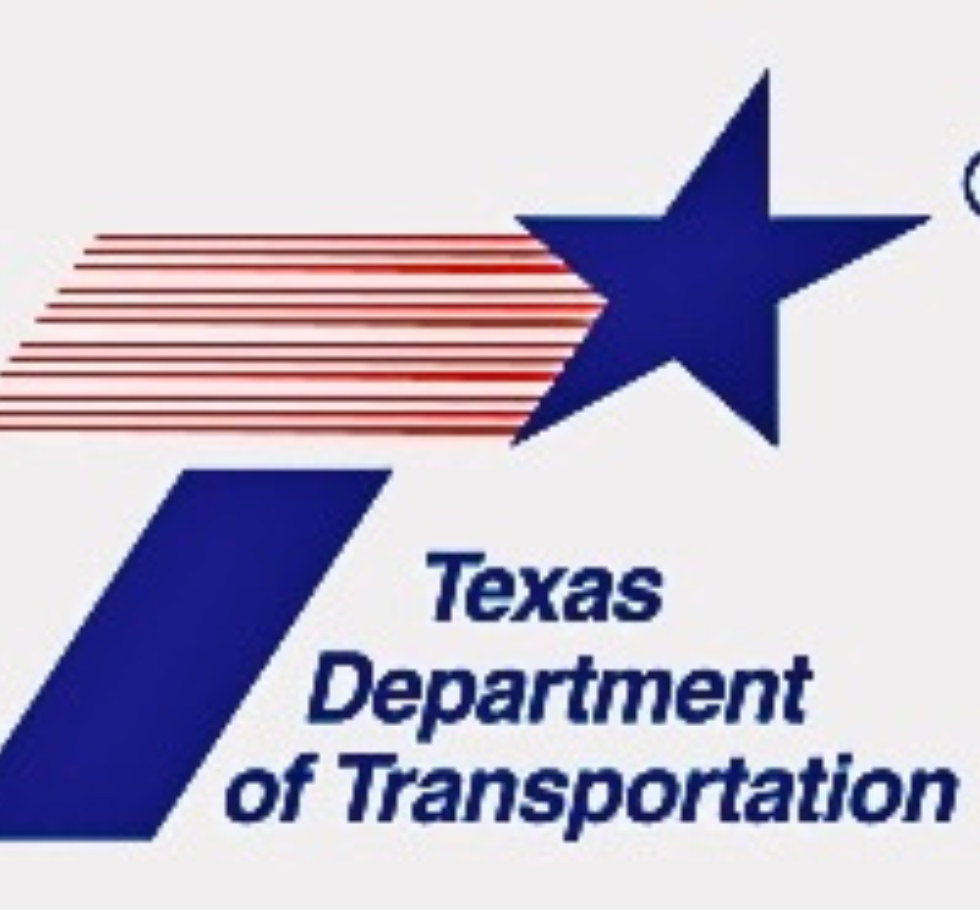The world of municipal bonds, long considered a safe haven for investors, has recently been jolted by an unfolding saga in Mesa, Arizona. The centerpiece of this narrative is Legacy Park, a sprawling 320-acre sports arena which, despite its grandeur and promise, filed for bankruptcy a mere 15 months after its inauguration.
What Happened at Legacy Park?
Conduit Bonds: Unlike conventional municipal bonds that finance infrastructural improvements and are repaid from government revenues, Legacy Park was funded through conduit bonds. These bonds are issued by conduits, usually for private-sector businesses like nonprofits. After raising capital by selling these bonds, the conduits transfer the proceeds to these businesses. Crucially, these conduits aren’t responsible for repaying the debt.
Unrealistic Financial Projections: Legacy Cares, the nonprofit owner of Legacy Park, had pledged to repay its hefty $280 million bond from the anticipated revenues of facility rentals and an ambitious 670-seat sports bar. Randy Miller, the man behind this blueprint, had an interesting past. A legal case from 2010 saw him ordered to repay nearly $96,000 after accusations of misleading a potential investor.
Incautious Bond Issuance: The conduit group, Arizona Industrial Development Authority (Azida), which issued the bonds for Legacy Park, came under scrutiny. A state audit exposed that Azida had not declined a single conduit bond project, leading to bond defaults totaling over $1 billion.
Financial Missteps: Financial disparities plagued Legacy Park from the outset. From misleading claims about infrastructure funding to discrepancies between projected and actual contributions from subcontractors, the park’s development journey was riddled with inconsistencies.
How Can Investors Dodge Similar Pitfalls?
Thorough Due Diligence: The Legacy Park episode underscores the criticality of due diligence. Randy Miller argued that bondholders had opportunities for due diligence. As investors, it’s imperative to meticulously vet all aspects of an investment opportunity, especially those that appear lucrative on the surface.
Understanding the Nature of the Bond: Before diving into any bond investment, recognize its nature. Are you investing in a conventional muni bond with a reliable repayment source, or are you treading the riskier conduit bond path? Knowledge of the bond’s intricacies can act as a protective shield.
How Did Things Go So Wrong at This Arizona Park Built With Muni Bonds?
Reviewing Track Records: Investigate the track records of bond issuers. Azida’s unanimous approval rate for all conduit bond proposals was a significant red flag. Familiarize yourself with past performances, decisions, and the overall reputation of the issuer.
Staying Updated on Market News: Remain updated about market developments and news. Issues at Legacy Park, such as non-payment to contractors and substantial financial discrepancies, were reported and could serve as early warning signs for observant investors.
Seek Expert Consultation: Before making significant financial decisions, seek counsel from financial experts or trusted professionals in the field. Their insights can offer a more in-depth understanding and potentially highlight red flags.
In closing, the tumultuous journey of Legacy Park is a cautionary tale for investors venturing into the municipal bond landscape. It underscores the evergreen principle that while high returns might be enticing, they invariably come with higher risks. The onus is on the investor to strike a balance, exercise prudence, and ensure that they’re treading on solid ground.
At Front Line Advisory Group, we are pioneers in Capital Improvement Bond Management, leveraging unparalleled expertise and deep industry insights. Our mission extends beyond consultation – we empower our clients to realize the full potential of their investments, ensuring tax dollars are put to maximum use through astute Program Management Consulting. For more information or to commence your journey towards transformative bond management, reach out to us at info@frontlineadvisorygroup.com
For more information, please visit:












